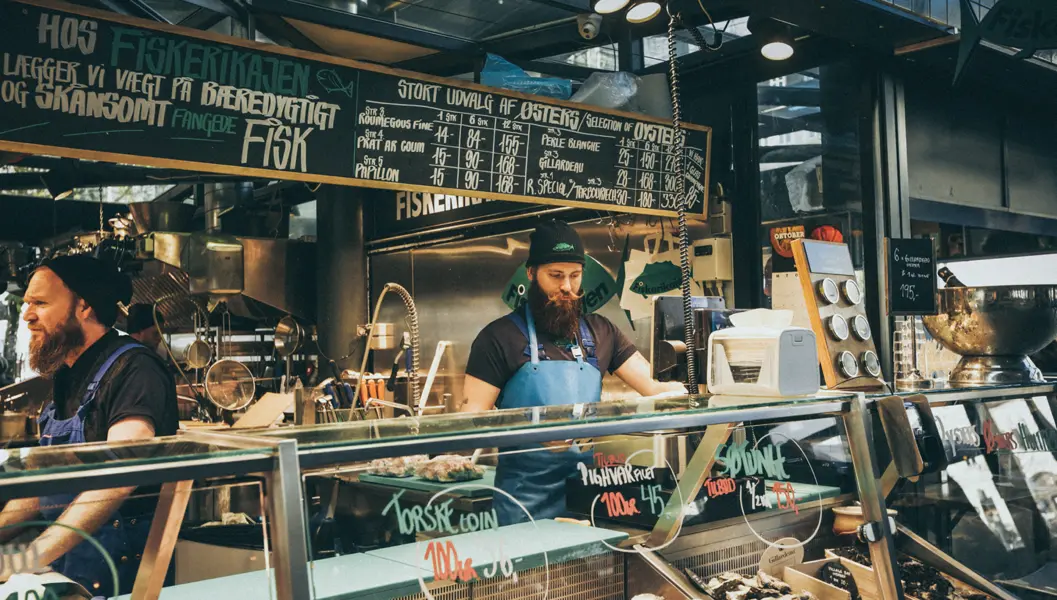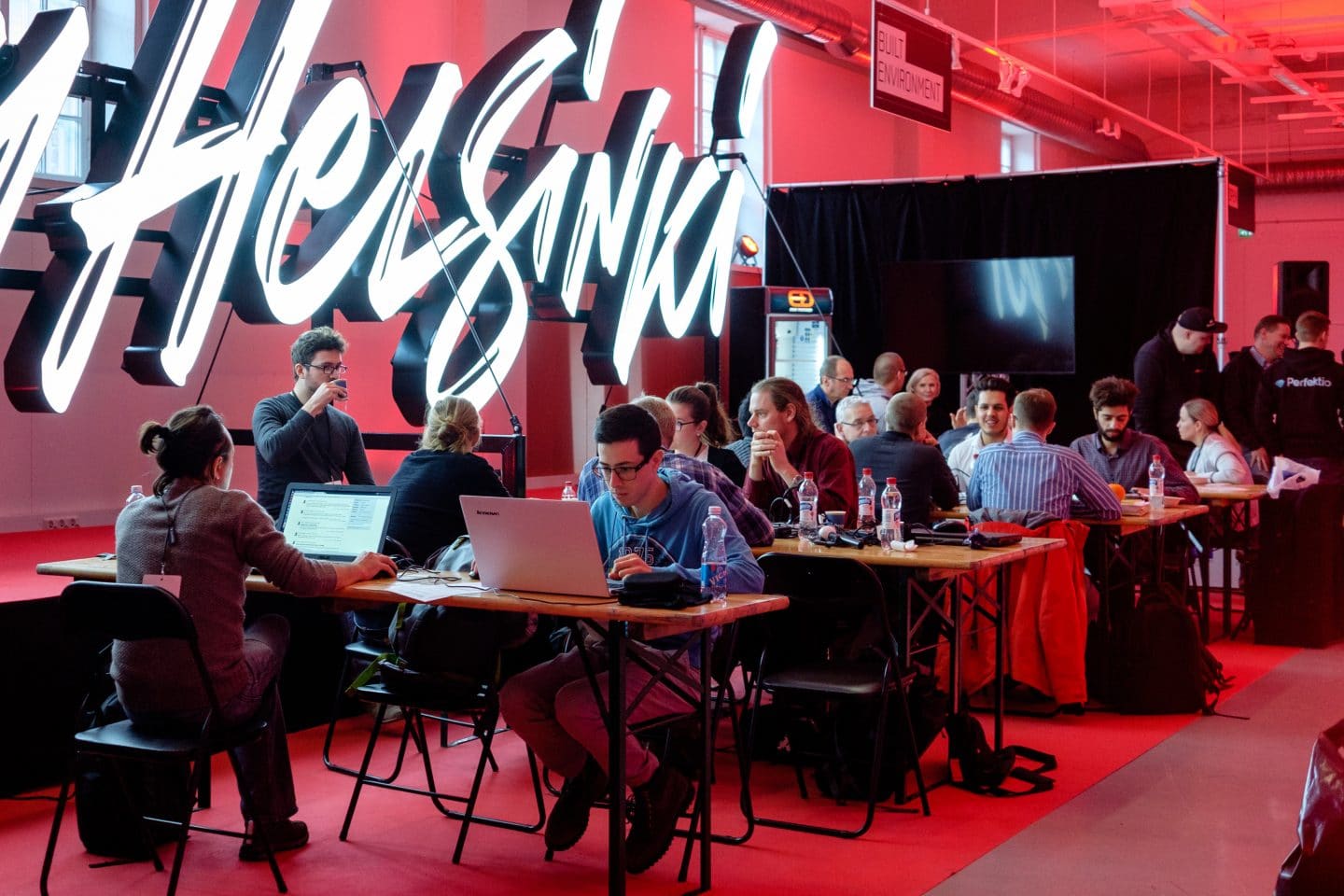Safe City Action


Copenhagen and Nordic Safe Cities will take action to develop new ways of establishing dialogue with environments and groups at risk of extremism in order to increase trust in the authorities and prevent further radicalisation.
City Portrait

Copenhagen became the capital city in the 15th century and has since developed into the most important trade, institutional and cultural centre of Denmark. It is the largest city with the highest population count. Copenhagen is ambitious and proudly ranks at the absolute top of the greenest, smartest, happiest, and most livable cities in the world. It is one of the most progressive European cities in its approach to diversity, which is considered a political objective and a necessary resource for the city’s international competitiveness. Additionally, it is a city in continuous growth with neighbourhoods of widely different qualities and characteristics.
Safe City Challenges
A downside of the continuous growth and emphasis on diversity is social segregation. Copenhagen is home to several socially disadvantaged areas often characterised by higher crime-and unemployment rates. Regarding violent extremism, Copenhagen authorities receive most referrals relating to people having potential affiliations to extreme Islamist milieus. However, there have also been examples of extremist incidents caused by people in or at the fringe of left- and right-wing extremist milieus. In addition, authorities have an enhanced focus on extremism among the psychologically vulnerable, which increases the complexity of the casework.

Strategy
The Copenhagen Action Plan on preventing extremism is based on the Danish prevention model that is characterised by a strong interagency collaboration employing different initiatives to address various target groups. The underlying aim of all initiatives is to prevent people from committing or legitimising acts of violence or other illegal acts based on extremist motives.
Focus Areas
The City of Copenhagen currently focuses on the following target groups in our prevention work:
- Societal level: Young people, parents and NGO’s
- Group level: Environments with risk of extremism
- Individual level: Individuals in extremist environments or at risk of radicalization.
- Professional level: Front-line staff with contact to vulnerable citizens
Good Practise
Since 2018 the City of Copenhagen has supported a network of Copenhagen mosques, fostering the sharing of best practice in developing strong religious communities as alternatives to extremist environments. The network was initiated as a co-creation effort in which the mosques requested a focus on capacity building and good governance, which the City of Copenhagen supported to build common ground and establishing a culture for cooperation and knowledge-sharing. Now, after two years of building trust, the six participating – and very diverse – mosques have themselves requested to discuss their role in preventing crime, extremism, negative social control and honour related conflicts etc. This shows that investing resources in supporting important civil society groups pays off in terms of strengthening local resilience against undemocratic influences.



